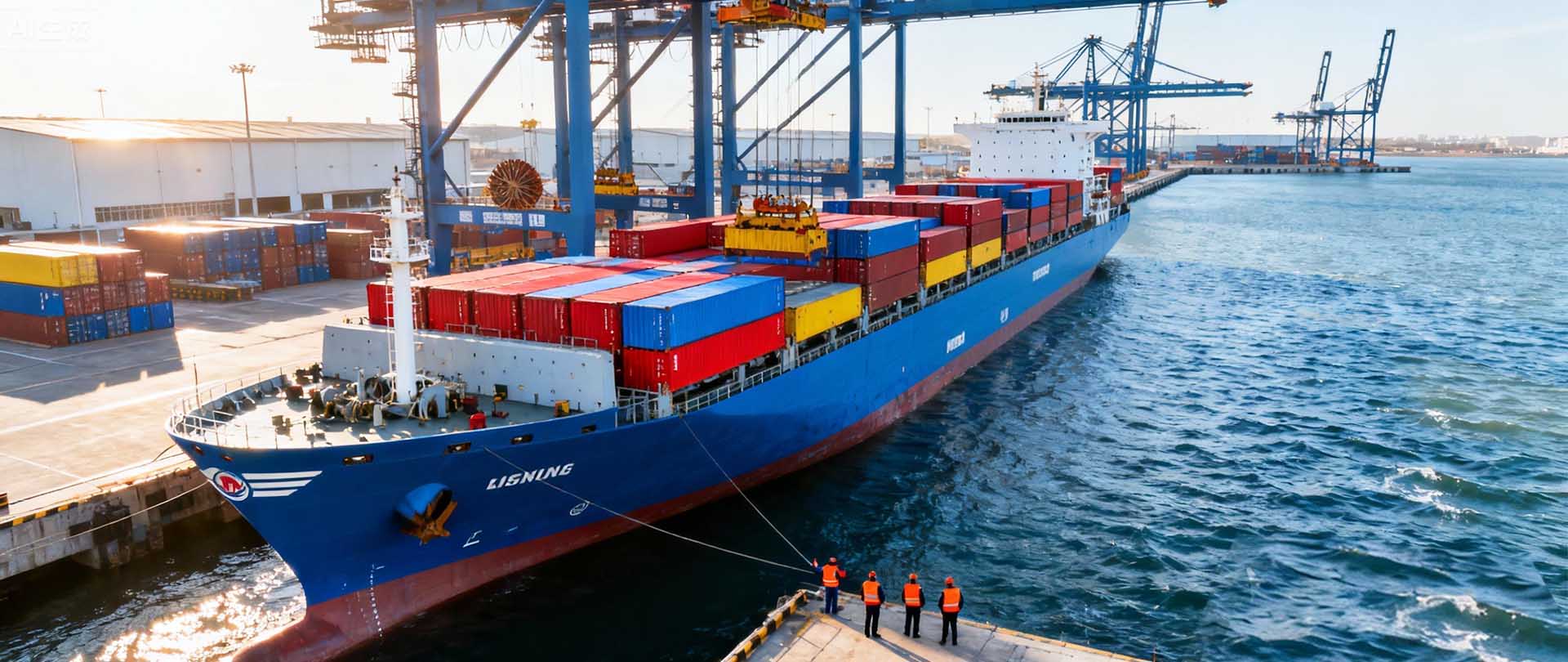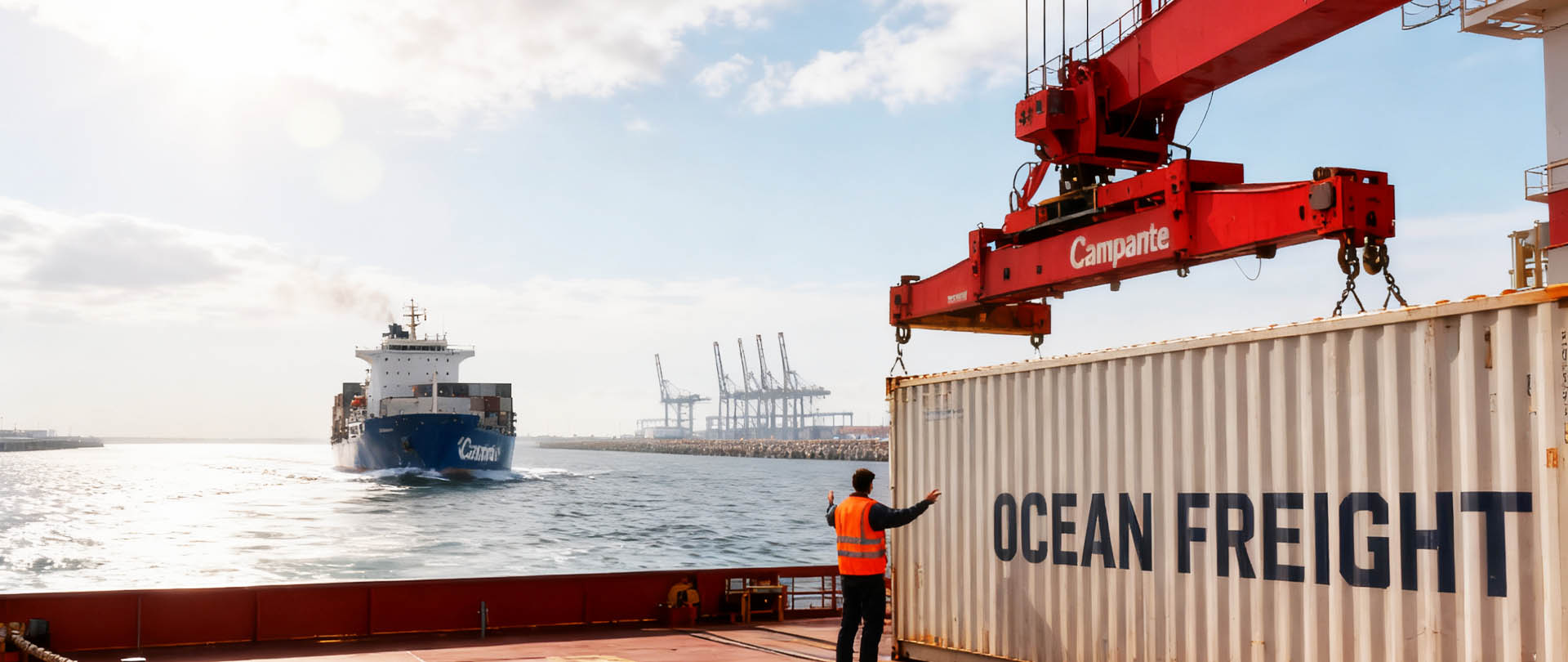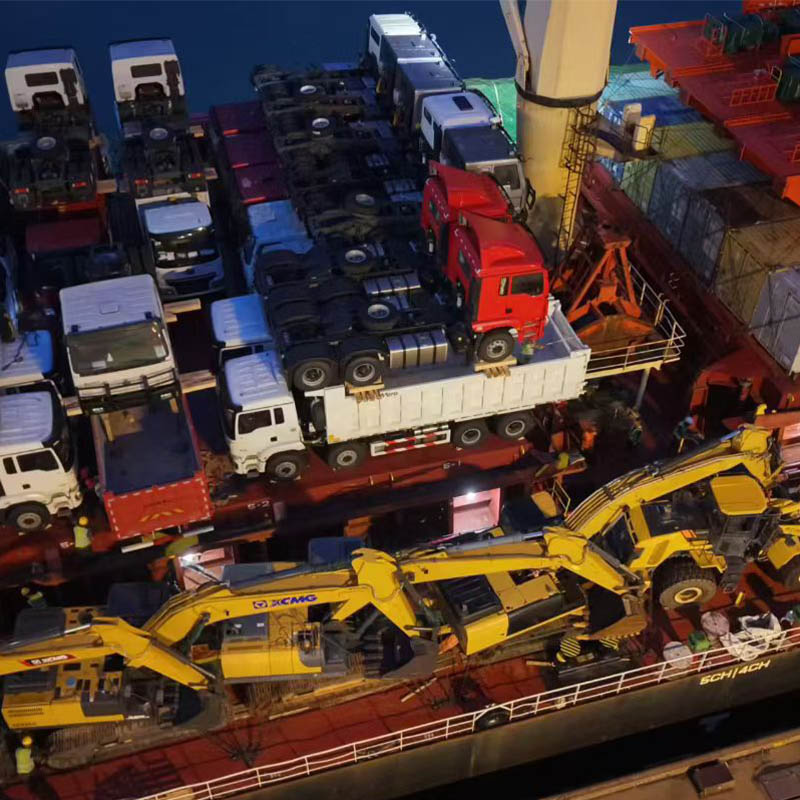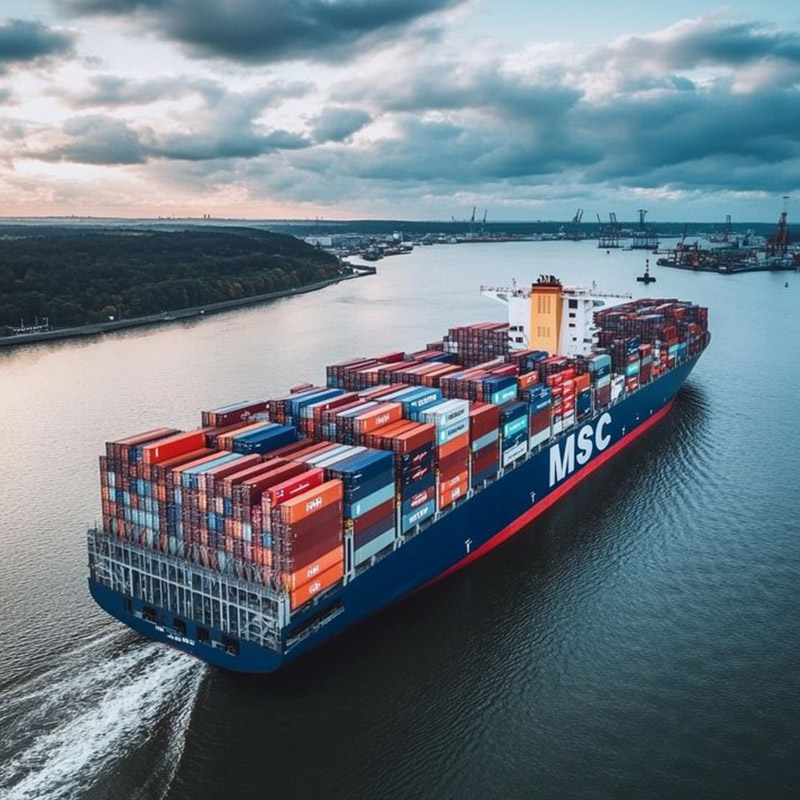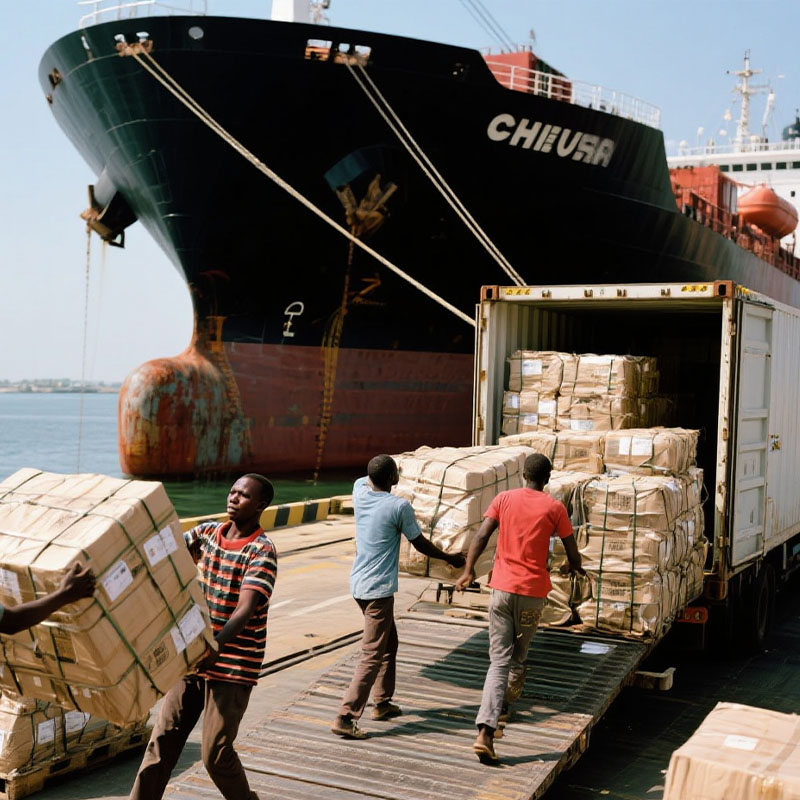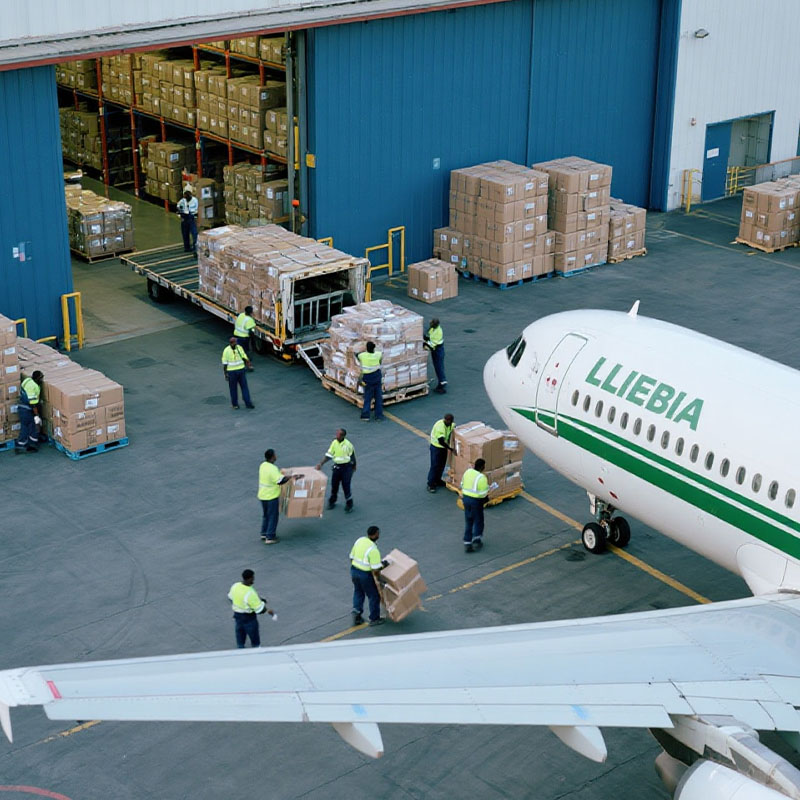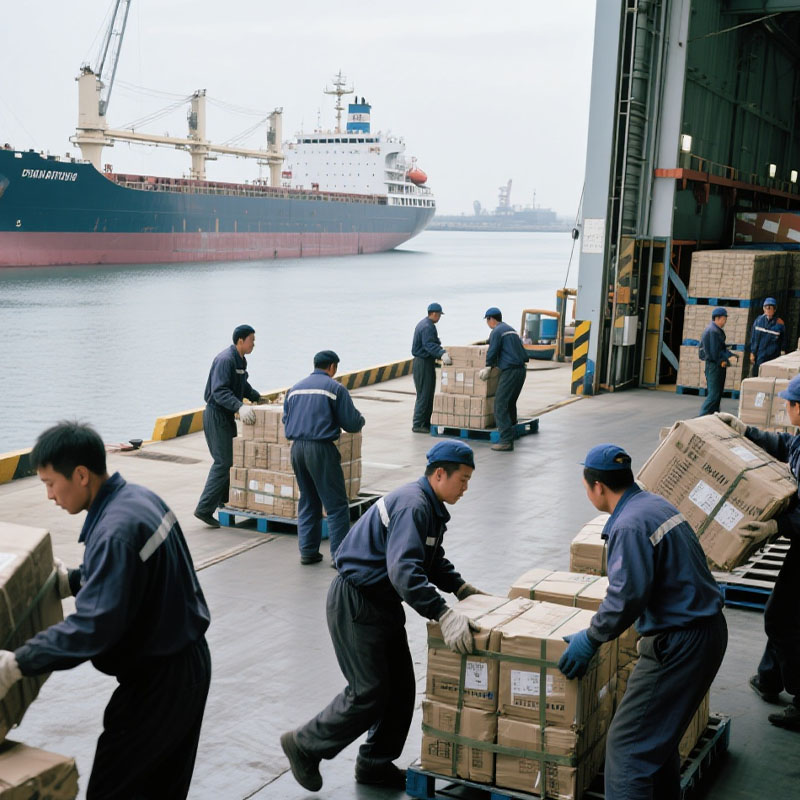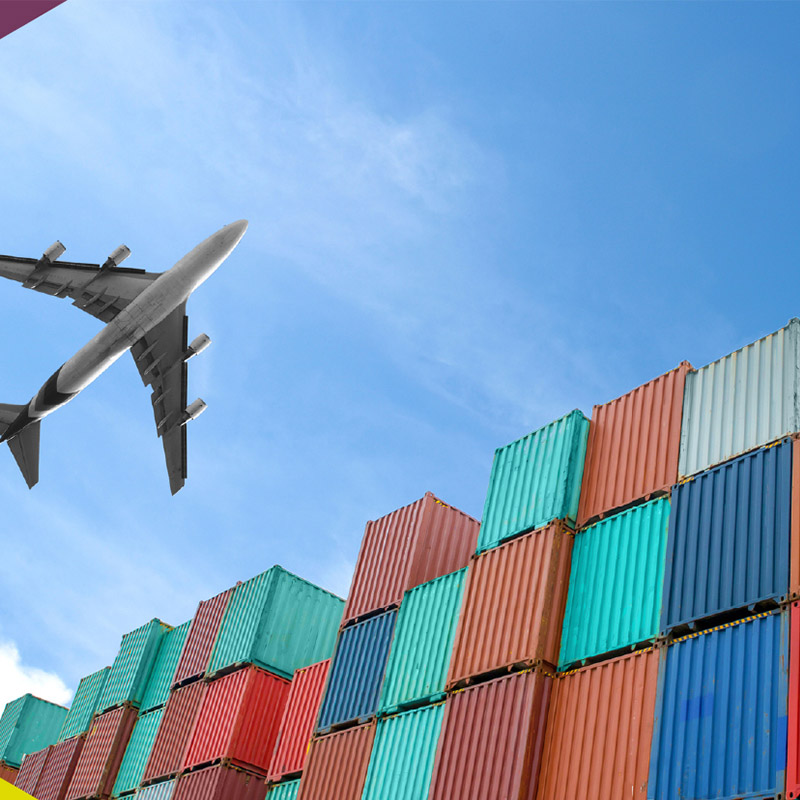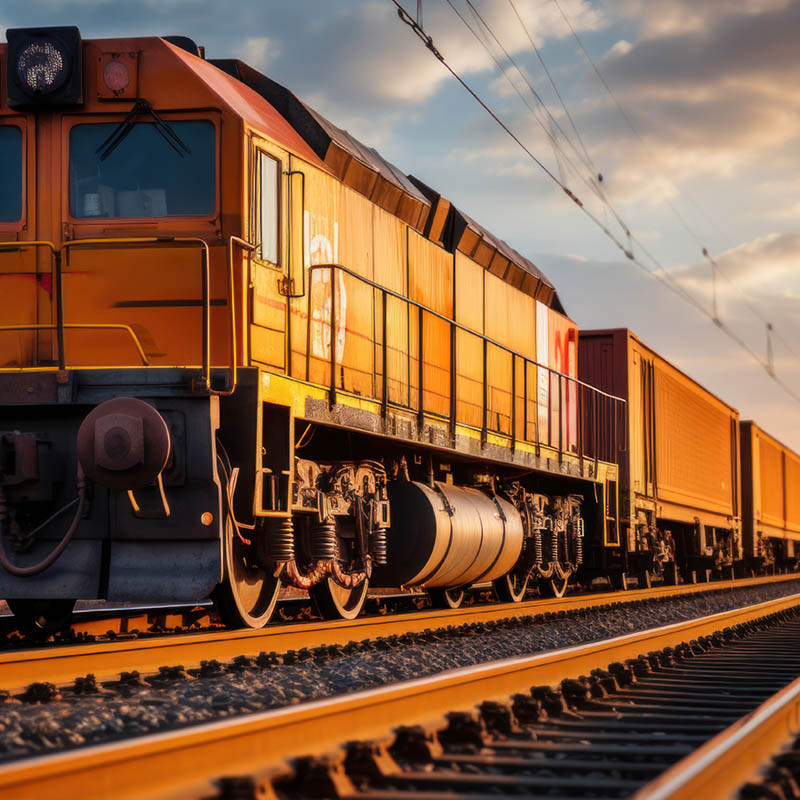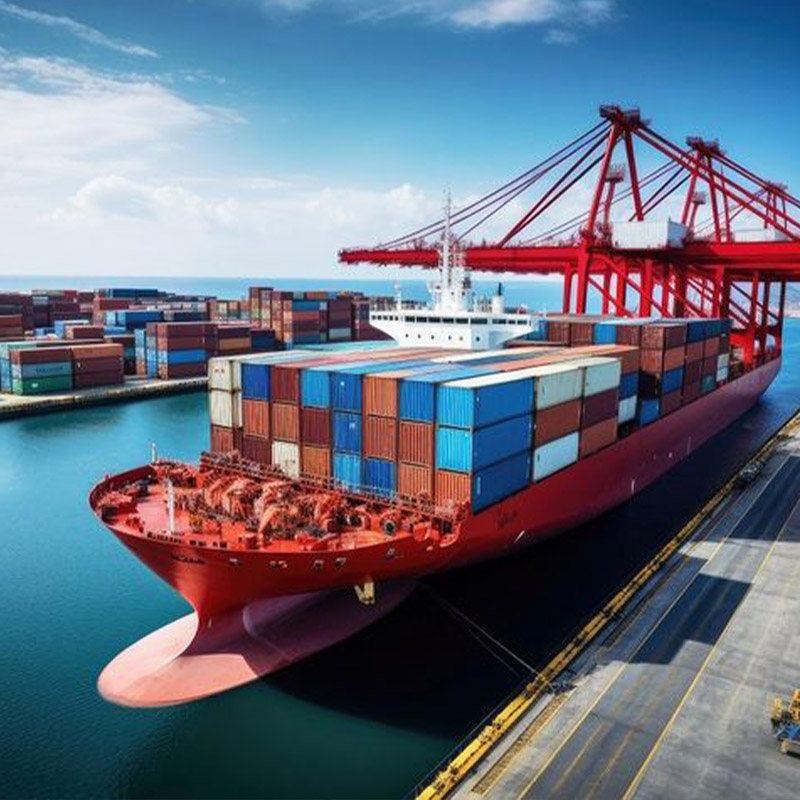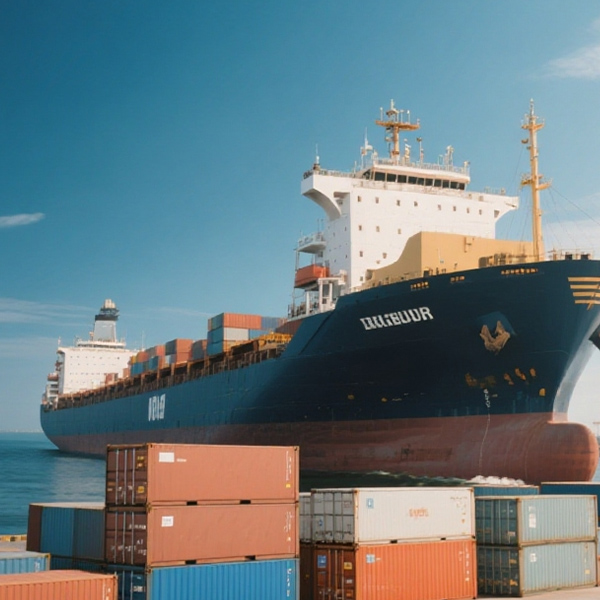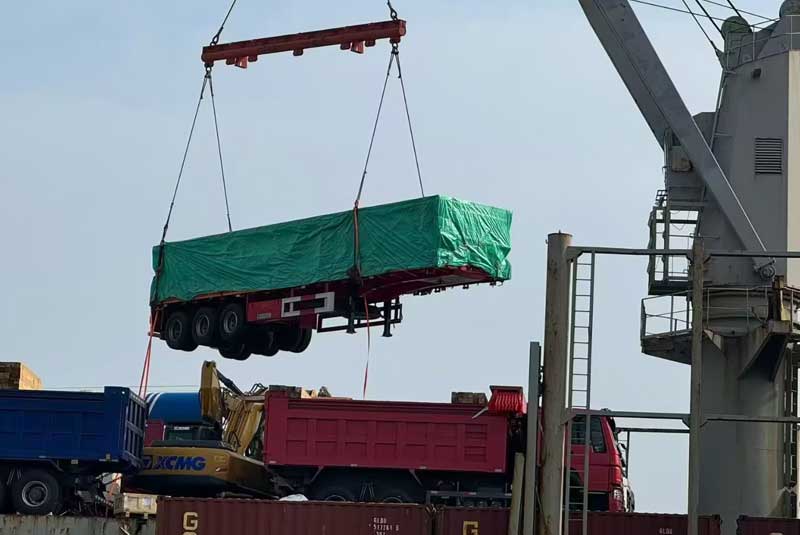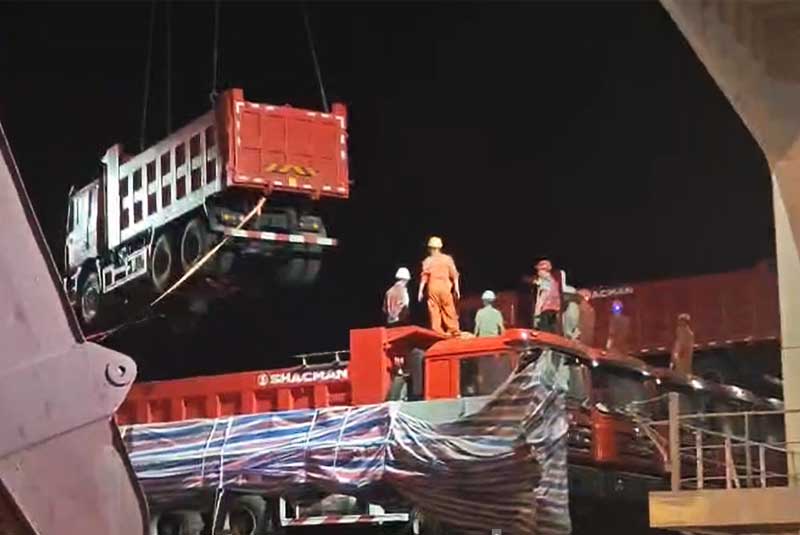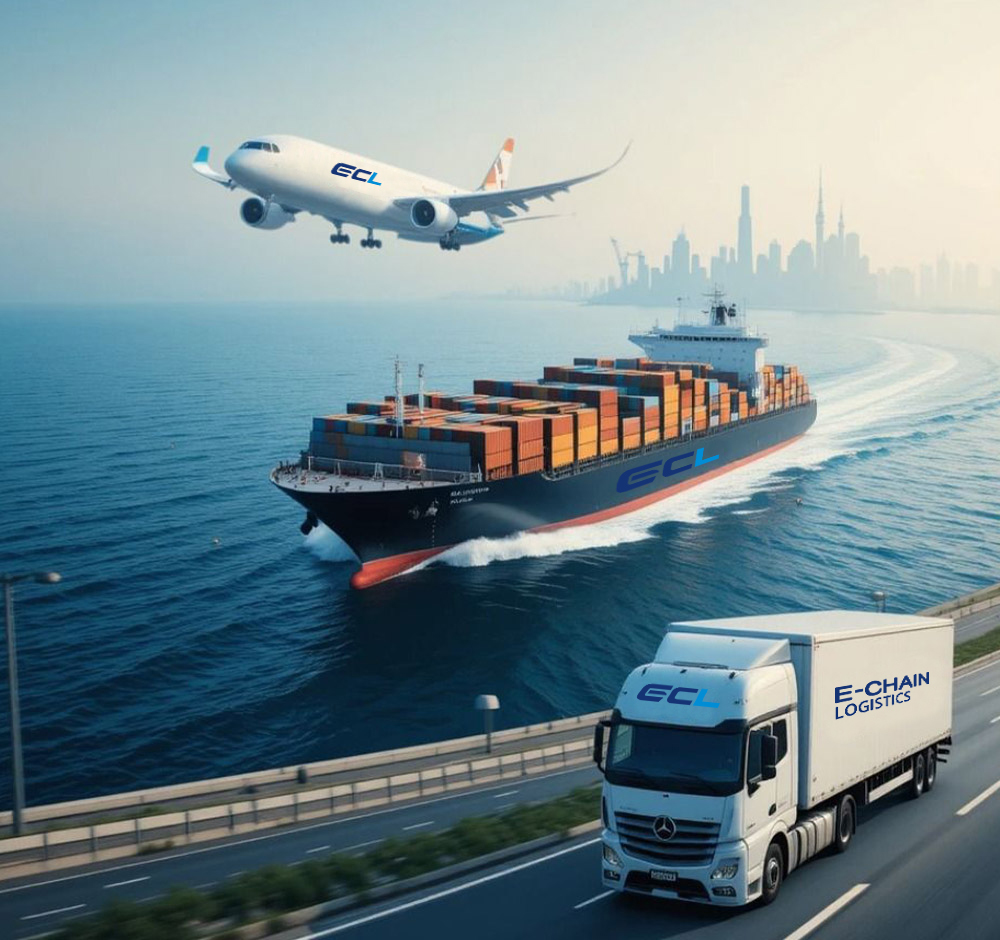After a brief winter hiatus, Tianjin Port’s break bulk cargo terminals officially resumed full operations on February 15, 2026. This marks a significant milestone for China’s maritime logistics sector, as the port reopens its doors to break bulk shipping services, including dry bulk cargo loading, ship-to-shore transfers, and direct dockside loading. The move comes as global trade demand rebounds, and logistics companies like E-Chain Logistics are poised to meet the surge in supply chain needs.
Break Bulk Shipping: A Pillar of Global Trade
Break bulk shipping, also known as break bulk ocean freight, involves the transportation of non-containerized goods such as raw materials, agricultural products, and industrial equipment. Unlike containerized shipping, break bulk cargo is loaded directly onto vessels, requiring specialized handling and logistics expertise. Tianjin Port’s break bulk terminals are designed to accommodate a wide range of cargo types, including:
Dry bulk cargo (e.g., coal, grain, minerals)
General cargo (e.g., machinery, vehicles, project goods)
Ro-Ro (Roll-on/Roll-off) cargo (e.g., cars, trucks, trailers)
The port’s infrastructure supports break bulk shipping lines and break bulk freighters, ensuring efficient loading and unloading of goods. With the resumption of operations, Tianjin Port aims to strengthen its role as a hub for break bulk ocean services in the Asia-Pacific region.
E-Chain Logistics: Your Partner for Break Bulk Shipping
As a leading break bulk shipping company, E-Chain Logistics specializes in providing end-to-end solutions for businesses worldwide. Whether you’re sourcing products from Alibaba, Amazon, or other platforms, E-Chain Logistics can help streamline your supply chain with:
Break bulk cargo services: From loading to delivery, we handle all aspects of break bulk shipping.
Ro-Ro ocean logistics: Specializing in vehicle and equipment transportation via Ro-Ro vessels.
Containerized solutions: For businesses requiring flexibility, we offer flat container and door frame for shipping container options.
Our team of experts ensures seamless coordination between Tianjin Port and global destinations, minimizing delays and costs. With a focus on innovation and customer satisfaction, E-Chain Logistics is committed to delivering reliable break bulk shipping solutions.
Why Choose E-Chain Logistics for Break Bulk Shipping?
Comprehensive Services: From break bulk freight to Ro-Ro ocean freight, we cover all cargo types.
Global Network: Partnering with top break bulk shipping lines and Ro-Ro shipping companies, we ensure wide coverage.
Customized Solutions: Tailored logistics plans to meet your unique business needs.
Competitive Pricing: Cost-effective break bulk shipping services without compromising quality.
Looking Ahead: The Future of Break Bulk Shipping
The resumption of operations at Tianjin Port reflects a broader trend in global logistics. As trade volumes grow, the demand for efficient break bulk shipping services continues to rise. E-Chain Logistics remains at the forefront, investing in technology and infrastructure to enhance service reliability.
For businesses seeking to optimize their supply chains, now is the time to partner with a trusted break bulk shipping company. Contact E-Chain Logistics today to explore how we can support your global trade ambitions.
About E-Chain Logistics: E-Chain Logistics is a leading provider of break bulk shipping services, specializing in dry bulk cargo, general cargo, and Ro-Ro ocean freight. With a strong presence in Tianjin Port and a global network of partners, we offer comprehensive logistics solutions for businesses of all sizes.
Tianjin Port’s bulk carrier terminal offers direct loading services for dry bulk cargo, leveraging its core advantages of specialized berths, intelligent gantry cranes, and standardized ground cargo preparation. It can handle loading of various cargoes including ore, coal, grain, steel coils, and large equipment, achieving efficient stowage, stable loading and unloading, and optimal utilization of cargo space to facilitate rapid customs clearance and departure.






